How to Win in Multiple Offers when Buying a Home
How to Win in Multiple Offers when Buying a Home
The housing market over the last few years has been characterized by rising prices and a lack of inventory. It seems that whenever a house becomes available you need to go see it right away or it’s off the market within days because it has sold. Many of these sales happen with multiple buyers putting offers on the house. And many of you are probably acutely aware of this. So how can your offer stand out the next time you’re in a multiple offer situation? Here are some ideas that you may be able to apply based on your situation.
Come Prepared:
If you’re a cash buyer, great. Make sure you have documents proving you have the cash on hand to purchase the home. If you are taking out a loan for the home, make sure you are pre-approved and have a letter from your lender saying so.
What is Important to the Seller:
This is simple. Ask your agent to find out what is important to the seller. Do they wish for a fast closing, or do they want to stay for the summer? Do they have personal items they’d rather not take with them? Making it easier for the seller will give you a leg up, but won’t always win out over price.
Keep it as Simple as Possible:
Avoid clauses, contingencies, and seller concessions. This is why cash offers with no inspections or appraisals so often win out. If you are interested in a home with multiple offers you have to put your best foot forward. Eliminate as many contingencies as you are comfortable with and don’t ask for the seller to pay costs for you.
Price:
Price will always be the first thing sellers will look at so put your best foot forward. You don’t want to regret losing the home because you didn’t want to spend that extra $5,000. As I write this the extra $5,000 will amount to a $40 higher monthly payment. Also, if you’re offering over list, be creative. If the home is listed at $400,000 and there are 5 offers on it, don’t be one of the 3 that offer $425,000. Maybe offer $427,650?
Escalation Clauses:
Many buyers are using Escalation Clauses when putting in their offers. An escalation clause says you will pay a certain amount over the next highest offer not to exceed a certain price. The sellers need to actually show the buyer the written offer that is being used to determine the “next highest offer.” So, if a home was listed for $400,000, the escalation clause may say you will pay $1,000 over the next highest offer not to exceed a final sales price of $435,000. Not all sellers will accept an escalation clause so make sure your Realtor asks the seller’s agent before putting one in your offer.
Closing Date:
The first thing to do for the closing date is ask your Realtor when the seller would like to close and then try to match that. If they say as soon as possible and you are not paying cash, find out how soon your lender is comfortable with closing.
Earnest Money:
The more earnest money you put down, the more strength you will show as a buyer. Earnest money goes towards your down payment and closing costs on the home. But if you fail to close, it is possible to lose your earnest money. Review what these situations are with your Realtor. If you are comfortable with your ability to close the deal, a healthy non-refundable earnest money amount may go a long way in competing with a cash offer if your offer is contingent on financing. Again, discuss this with your Realtor to make sure you understand the consequences if you are unable to close on the home.
Inspections:
It’s always better to have an inspection than not, but some buyers have chosen to completely waive the inspection to help improve their chances of getting the home. Others make their offer contingent on the inspection but state they won’t ask for any repairs for items under a certain dollar amount. If you are most comfortable with getting an inspection, try to have it completed as quickly as possible. Most inspection companies will also offer a “walkthrough” consultation where they will attend the showing with you and give you their observations on what potential issues the home may have. This gives the buyer important information on the home before deciding on how to proceed with the inspection contingency.
Financing Considerations:
- Your Pre-approval Letter: You want as strong a pre-approval letter as possible. Ideally, it will state that the lenders have reviewed your tax forms, bank statements, and paystubs and underwriting has approved you for a certain type of loan with a certain down payment for this specific home. If you have a high credit score some lenders will add that information to the pre-approval. Your lenders may even call the listing agent to see if they have any specific questions about your pre-approval and let them know how strong of a buyer you are.
- Type of loan: Different types of loans have different concerns for the sellers. Conventional loans are considered the least worrisome by most sellers as they do not have the more stringent requirements of the FHA and VA loans.
- Amount Down: The amount of money you put down shows your strength as a buyer. If you are putting a minimum amount down for any reason you may want your Realtor to explain those reasons or financial situation with the listing agent to reaffirm your strength.
- Appraisal Gap Coverage: If you are mortgaging your purchase the lender will need to have the home appraised. Sometimes, that appraisal comes in below the price you have offered on the home. An Appraisal Gap Clause in your purchase agreement says that you will cover any gap between the actual appraised value and your purchase price up to a certain dollar amount. This clause is used to relieve worry by the sellers that the home won’t appraise for the price that the multiple offers have bid it up to. So, if the home appraises for $400,000 and you’ve offered $425,000 you would need to cover that additional $25,000 to make the loan work. This obviously requires extra cash on top of what you were already planning for to close the home. Review with your lender what amount would work for your situation.
Deadlines:
The thought here is if you see a home at a certain price that you are sure is going to end up in multiple offers, you put in an offer right away at a price above asking but your offer expires quickly. You are hoping that the sellers will jump on it before any other offers come in. In most cases, sellers will not accept these knowing that their home is poised for multiple offers that will bring greater profits for them.
Love Letters:
Love letters, or sometimes called letters to the seller from the buyers, were used often in multiple offer situations a few years ago. Today they are seldomly accepted by the sellers due to fair housing concerns. I have yet to see one work over the options listed above.
Summary:
Your Realtor may be able to find out how many offers you are competing against. If there is one other offer or ten it may change how you approach yours. If you are already tight on cash for just the down payment some of these options may not be available to you. But hopefully, there are some ideas here that can help improve your odds of success. As always, discuss your options with your Realtor and have them focus on your strengths as a buyer during their offer presentation. If you need a Realtor who can help you in your home search and forming a winning offer, contact me. Good luck, keep at it and you will soon be a homeowner.






